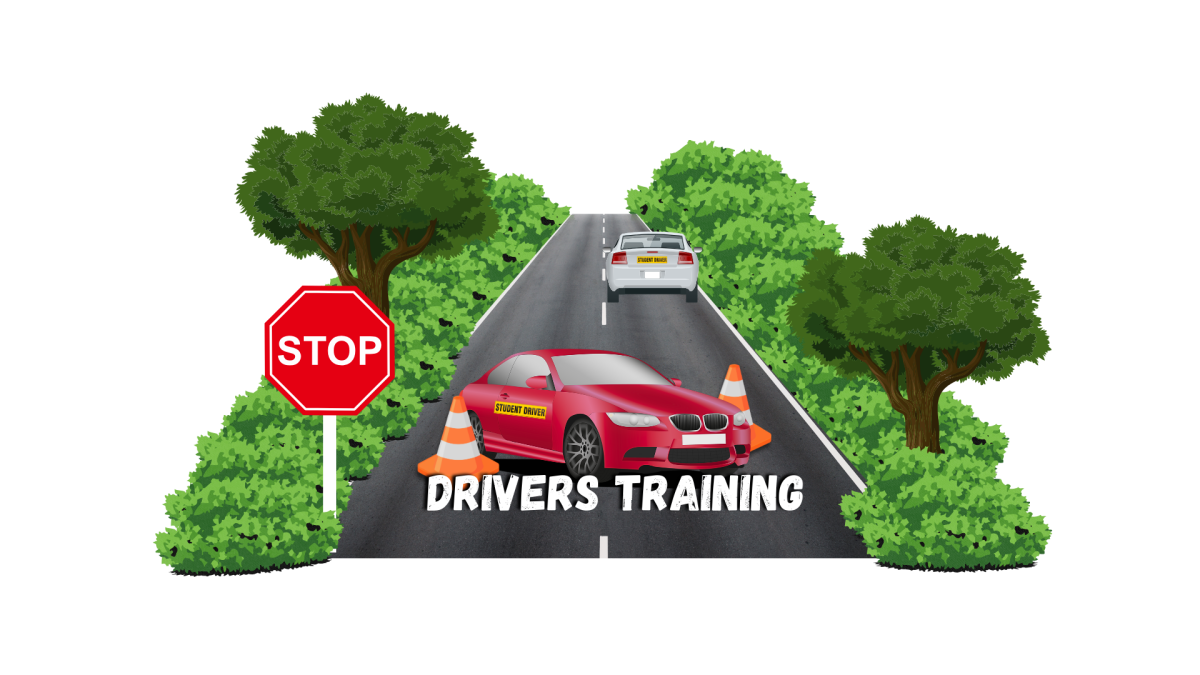
By Austin Root, guest writer.
Today, we live in a society that strongly pushes ‘success’ and often our perspective of success is seen almost how it is in the movies. Lots of money, friends, family, a college degree and a big house. In reality, none of these things equal success, success should be seen as how happy and content you are with life. Society paints a bad picture of what success really is and leaves many Americans stressed and constantly focused on being successful, which sometimes makes them forget to look out for their own happiness.
Much of America stresses over school or work every day due to the pressures of society, ourselves, and family. Before even concerning ourselves with the outside world and what all there is going around us, we’re stressing about our job or that test we took the other day. There’s so much we as people are missing out on due to the anxiety of being successful and the lack of people being able to think for themselves.
From the day we are born, we are being brainwashed by societal programming; the thoughts and instructions that we learn to fit in with society. Societal programming is a big contribution to why so many students are subconsciously not thinking for themselves. If most people in America were to just stop and ask themselves what it is that they actually want, and what actually interests them, they would be far better off as human beings and much happier with life.
In an article titled ‘Breaking Free from Social Programming,’ written by Derek Ralston from the website, Life Evolver, it pinpoints key reasons why social programming is being used against you.
“Society tries bribing us at every opportunity. People who submit completely to social programming, and mistakenly believe that their happiness is obtained only by achieving external goals, are ‘rat racers’ who never enjoy the present moments of life,” said Ralston.
It’s easy to get caught up or worry about what your future looks like, but as a whole we worry extensively. This is because as a society, we look at success as a very hard thing to achieve due to the way it is portrayed and talked about. The expectations are set too high, and people are focused so much on being the best of the best, that they don’t have enough time for themselves and often are very stressed and half-depressed with life.
Life shouldn’t be this way, I find so many people tell me from day to day that, ‘life sucks, that’s the way it is,’ but that shouldn’t be the way to go. People aren’t on this Earth to follow a set of standards and guidelines by which only the ‘successful’ people set. People aren’t even given enough time to figure out themselves before they’re pressured by their family, and society, to live up to these expectations.
Right from the start of school, for the vast majority of people, children are already being talked to about college and how important it is, what it will do for you, how hard you have to work for it and as a young child it’s often perceived as the only way to be successful. Some of the pressures that are on people to be successful, is somewhat understandable, but this extensive amount of pressure by family and society is seen as support or motivation but it only impedes on an individual’s personal happiness, so is it worth it?
Jim Smith made a statement, written in an article for ‘The Davis Clipper’ on the relation of happiness and success.
“Our brains think best when we are happy. We may be limiting our team’s effectiveness if we constantly bombard them with high pressure deadlines designed to ‘motivate’ them,” said Smith.
This statement speaks a lot of truth and shows that the pressures that is put on individuals to be successful is often confused with being motivational, but in the end it only inhibits our happiness and may actually lower our chance of success. Smith also speaks about how being happy can rise our chances of success because happy people are often always looking for something and setting new goals for themselves. There shouldn’t be so much coercion to be society’s view of successful, we should be able to figure out what we want on our own.
In an article called ‘The Paradox of Pushing Kids to Succeed,’ Lynn Margolies talks about how pressuring people to be successful can backfire. In her article, she includes notable and reputable information on the effects of pressure and a person’s happiness.
“Ironically, parents’ hyper-vigilance about teens’ grades and future success backfires psychologically and academically. When parents are overly invested in performance, kids are less likely to develop their own, more sustainable, motivation. Further, making the stakes too high engenders fear, leading teens to avert possible failure at all costs. This level of stress propels homework avoidance, compromises executive functions, inhibits curiosity and new challenges, and increases lying,” Margolies noted.
The pressures of society, family, and ourselves are a great deal to handle for a lot of teens, and it’s apparent in many people. The paradoxical coercion to be successful and push for great things often leads kids to be confused on what it is they actually want. This type of department is what makes us, as a whole, more inclined to pursue things that are not in our best interest, which in return causes us to be less happy. Our society, family, and educational systems need to make a change in order to better suit the needs and desires of every person and to set a better standard of what success really is.
Categories:
America Focuses Too Much on Success Rather Than Personal Happiness
January 14, 2016
0
Tags:
More to Discover







